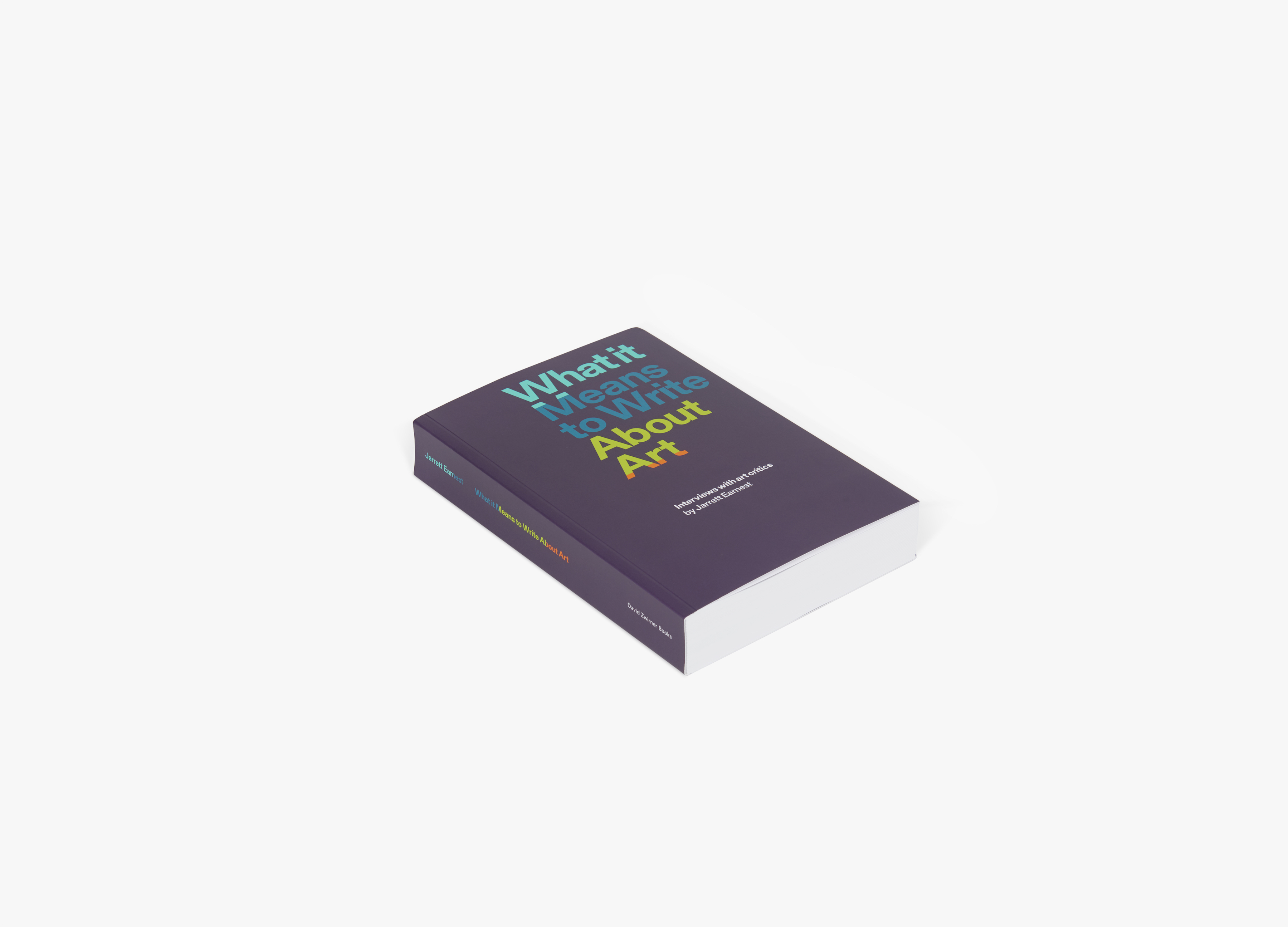
“I am an almost 50-year-old married white man who is talking to you about sex in a time where your struggles and mine are very different,” Dr. Joshua Kulp acknowledged at the beginning of the Hillel Lunch at the School of the Art Institute of Chicago (SAIC). It was meant to be reassuring. It did assure me for a while. Then he started teaching Jewish scripture, all of which, is “God speaking to man.” In this case, about sex. The point of the lunch was to say, sex is not bad. Dr. Kulp was reinterpreting the texts to smooth the edges of guilt that religion builds. But he was still a 50-year-old white man teaching us (incidentally, a room full of women) about what God told man. Not woman. Just man.
I spent the first ten years of my life in a convent where every teacher and every nun were trying really hard to pull as many people as they could to Christianity. When they couldn’t convert us — the wealthy, privileged kids who could afford private school education — they turned to the poorest parts of the city, giving out clothes, blankets, fancy food, and cakes in times of need. The only thing they’d ask in return was to come to their church next time they needed something, anything at all.
I was a tiny child. I could squeeze myself into places I wasn’t supposed to be, and see things I wasn’t supposed to have seen. I had seen this happen, for years. The generosity was essentially a conversion tactic. India is a prime example of how religion can be read in any way you wish. This is what I take in the room with me when I interact with religion.
Jump forward to the Hillel Lunch with Dr. Joshua Kulp on February 5, 2019. It was a Tuesday afternoon. There was sushi for lunch. In a room full of women-identifying students and one male student, there were two men teaching us religious texts. That was enough for my childhood suspicion to make its presence felt.
Having grown up Hindu, I walked in knowing a little about Christianity and absolutely nothing about Judaism. I had to convince myself to remain objective, not look at this lunch through my cynicism-colored filters (I think they are grey).
The discussion was based on the reading of multiple centuries-old Judaic texts, ranging from Exodus to the Book of Jubilees and Mishnah. The visiting teacher aimed to determine which of the books’ characteristics had remained relevant. “There are no rabbis who will ever ask people to turn into monks,” Dr. Kulp explained through a fatherly smile “Moses could speak to God. But Moses was one man. He was not all mankind.”
All of us went about reading the texts, and Dr. Kulp continued explaining. Moses commanded man: remain pure on Sabbath. Eat garlic before sex — either as a sort of sexual-fervor-enhancer or mouth freshener, the room couldn’t conclude this debate. Eat with your wife. Engage in sexual activities not only to fulfill bodily needs but also look at sex as something that creates a connection between man and woman. Man has a duty to his wife to engage in sex. Consensual sex. Amidst all this, Dr. Kulp would every now and then acknowledge generational gaps, signals that these texts were not written for the times we live in.
“Judaism regards sex as a ‘divine gift’ from God, not solely for the purpose of procreation, as Christianity might believe, but for the purpose of companionship and pleasure. Judaism does not believe that sexuality is evil, but rather a strong and chronic urge similar to hunger or thirst, that is apparent in healthy human beings.” Dr. Kulp was very straightforward in his take on sex: It’s not a sin.
“The topic of the conversation, I felt, was extremely relevant and offered helpful insight to people who may be experiencing internal conflict regarding their sexuality and their religion,” Emerald Pitt, the co-leader of Indigenous at SAIC and InterVarsity at SAIC (a non-denominational Christian group) wrote to me via email. She grew up Christian and is very invested in faith. “Christianity (namely evangelical Christianity) has a long history of intolerance towards sex.”
For her and some others in presence, this perspective from someone as learned as Dr. Kulp was a step towards not feeling the sexual guilt that religion often engenders. For someone like me who has not adhered to religion, that type of guilt is foreign. Having never felt it, I didn’t feel the need to be liberated from it. I was not the only one with this mentality. A third-year undergraduate student who does not wish to be named told me, “The text was addressed to men. It speaks a gendered language. One not making itself available to women but telling men what to do with the women in their lives.”
I felt the same way. The text, as distinct from orthodox beliefs as its interpretation was, was telling men when to have sex, how to have sex, on what days is it holy to have sex. Words like “holy” and ‘“pure” were used to describe the state of being sexless. Sabbath (the seventh day) is the day of rest, a day to remain holy. It’s the day when Exodus warns men, “Do not go near a woman.” Women were always mentioned in third person: to be spoken about, not to. Upon further research, I found that for some Jewish feminists, the privileging of male-ness is so embedded in the structure of Judaism that nothing less than a revolutionary re-creation of Judaism can suffice.
So I guess my problem lies in the inherently gendered structure of the instructional text which is still being taught. What does the mere acknowledgment of a problem mean if the alleged texts are still being taught by males in positions of power? The balance remains off. While the doubtlessly well-intentioned Dr. Kulp did not see this, I, a woman of color, felt like I was being told what to do by someone and something that have been declared oppressive.
Admittedly, It can be a huge burden off your shoulder when your religious text tells you that you are not committing sin if you have sex. Dr. Kulp, who is a scholar, reinterpreting these texts can be a beautiful way to assure the young and impressionable that the text means all consensual sex is okay. But these texts are still very much held as the authority, making the power equation very clear. And the text says it is the man who makes the decision, because it was he who was given the instructions of sex. It is he who can refuse to have sex on certain days because the text told him to. And it was a 50-year-old white man, telling me that in that room.
I have never felt the fervent grasping of religion clutching my decision making. I have never known what religious conflict feels like. The Hillel Lunch was an exercise in understanding perspectives, a place for me to understand where this conflict comes from, and what voices in your head telling you sex is bad can do to a person. And how someone as scholarly as Dr Kulp telling you, “Hey, it’s not all bad,” can reassure.
There is a dire need for conversations around religion and sex. Religious texts have done an excellent job of not giving women any agency over our minds and bodies. Did we need more time to ask about gender, gender roles, and queer relationships? Certainly. Homosexual sex still remains forbidden in the faith. Is it enough, then, to interpret Jewish texts’ mentions of sex as non-implicatory? Who gets to speak? Who needs to be heard? One thing I do not need, is a white male authority figure telling me how to read a text, which was written as a handbook for men.







